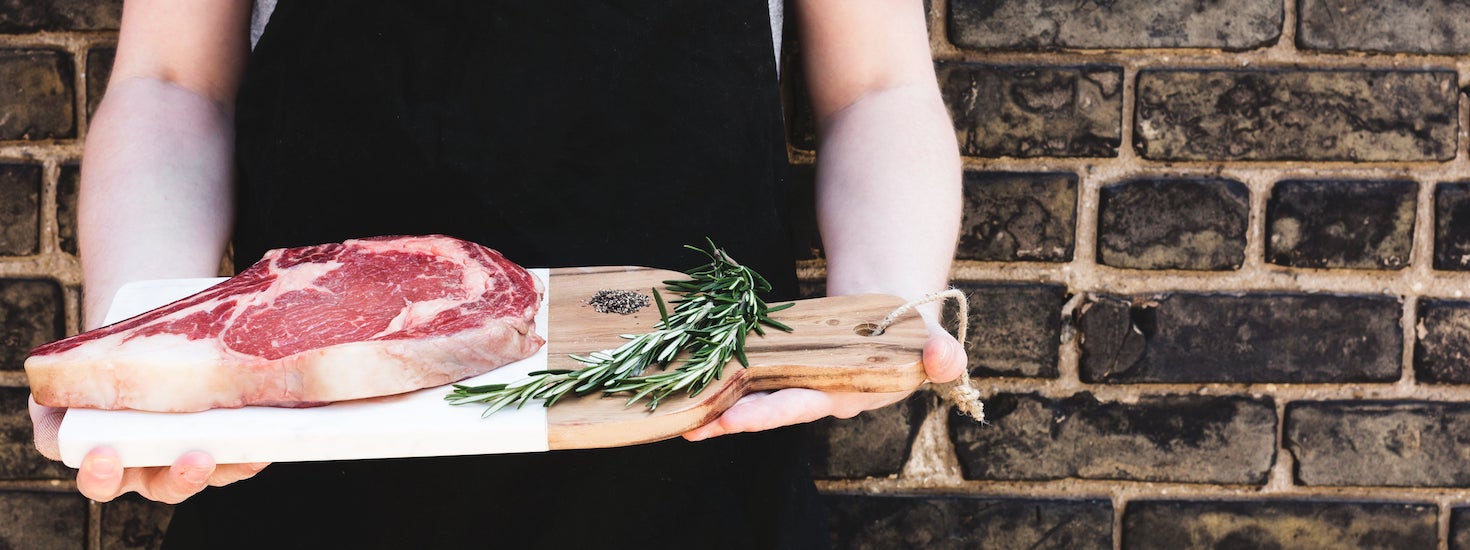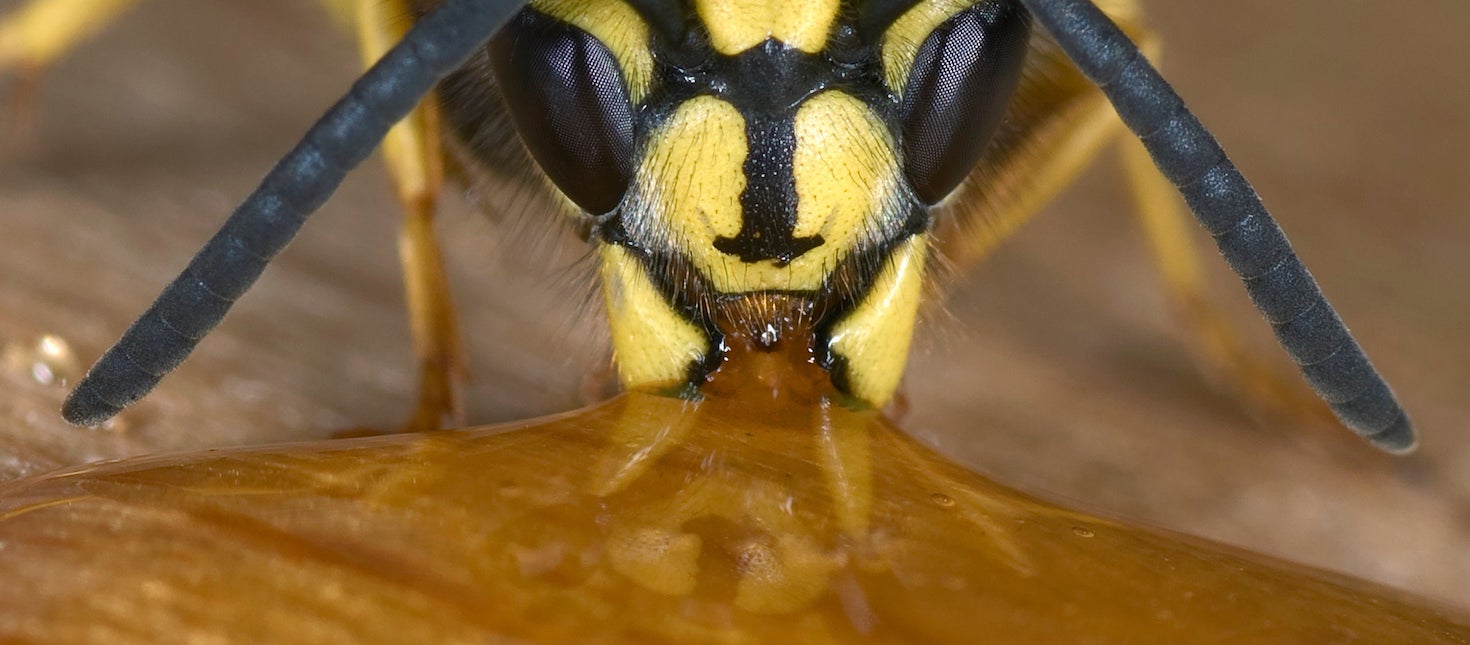Diabetes is a common condition that many people run into these days. Diabetes is starting to affect people at a younger age and this is very worrisome to me.
There is a lot of information out there that tells you how you can support your blood sugar levels to keep you balanced and I have this to share: a lot of that information is false. So, do I believe that you can you reverse Type 2 diabetes using diet and lifestyle changes? Absolutely.
When working with clients (whether it be for fertility support, digestive support or with any other condition), I am diligently taking the time to review how to help manage healthy ranges of blood sugar which in turn, helps with managing diabetes!
A lot of the discussions with my clients involve reviewing how to read labels, understanding what they might mean and how they might be misinterpreted.
In this blog post, we will review what diabetes is and what one might be able to do to help regulate blood sugar levels while also supporting steady energy, immunity and improving overall health.
What is Blood Sugar?
Blood sugar refers to the amount of glucose that is found in your blood.
Blood sugar is the marker that is monitored through lab work to assess how your body is metabolizing sugar.
The metabolism of sugar refers to the process that takes place when carbohydrates are consumed.
What is Diabetes?
Diabetes is a term used to describe a set of symptoms that take place due to a chemical imbalance in your body.
But what does that mean? The reason why someone may develop diabetes will vary from person to person, which I will dive into below. I will say this for now though. Type 2 diabetes is something that was very likely caused by diet and lifestyle, meaning diet and lifestyle can also help to reverse it!
We actually dive into blood sugar management tips in my Myth Busting Workshop!
Managing diabetes doesn’t have to be scary, and learning how different diets can affect diabetes are found a little lower in this post 🙂
What causes diabetes?
Before we can even dive into what diets might be best to help prevent or reverse diabetes naturally, it’s important to know what some of the contributing factors when it comes to diabetes.
Yes, there is a population of individuals who are born with diabetes, people who have a gene mutation that alters their bodies ability to properly metabolize sugars, but this is not the case for the majority of folks.
It seems as though the age of onset for diabetes is getting younger and younger, there are a few reasons for this – diet and lifestyle, friends.
The quality of the foods that we are eating seems to be getting progressively worse as time passes. Unfortunately, the poor quality foods we are exposed to is resulting in us paying for it with the degradation of our own health and wellbeing.
When we are eating poor quality foods (sometimes guised as healthy, too!) and we are exposing ourselves to constant high levels of sugars through the day, when we are poorly regulating stress, not moving our bodies enough… We are ultimately increasing our risk of developing diabetes.
Before diabetes is diagnosed by a medical professional, you will likely have been told that you have insulin sensitivity or that you are pre-diabetic. Insulin sensitivity refers to the bodies reduced ability to process sugars out of the blood and into your cells. In this stage, it’s more easily managed and reversible.
A few tips to help keep blood sugar levels balanced:
1) If you are an individual who tends to eat very quickly, this can trick the brain into not releasing enough insulin on time to address the sugars in the blood which can in turn contribute to the development on insulin sensitivity… so slow down when you’re eating and let food become a mush before swallowing.
2) Many minerals are also required for the metabolism of sugars, sometimes deficiencies in copper, chromium, zinc, and Magnesium to name a few can contribute to insulin sensitivity. These deficiencies can ultimately lead to the development of diabetes if left unchecked for too long – so make sure you’re eating foods that are rich in minerals!
At the end of the day, it is all connected and every action we choose can contribute to the development or reversal of dis-ease.
Sometimes, making dietary changes can be really difficult, sometimes we need a little extra support, if you’re one of those individuals that needs a little extra TLC in helping guide you through diabetes management, feel free to reach out! I have a 6-week nutrition package which would be a great place to help get you on the right path.

Can You Reverse Type 2 Diabetes?
Is diabetes reversible? YES! Remember, diet and lifestyle cause it, diet and lifestyle can reverse it. Blood sugar levels dance around all day, always trying to stay balanced, but when presented with a lot of sugar, or even stress, things can get a little shaky.
When it comes to addressing diabetes, the real big kicker is that you have to be ready and most importantly willing to make the changes necessary to improve your overall health and wellness.
Let me cut to the chase. If you have developed diabetes – it is very likely that what you have been doing has not been the right approach for you. Changes that may be hard to shift into, may be recommended with the goal of helping you make life-long, sustainable changes. Sometimes, some extra nutritional guidance and support can help!
In the past (and maybe presently), you have made choices that were possibly not great for you, but surely, you did the best you could with the information that you had. You were raised eating a certain way, you developed certain habits over the years to support yourself emotionally or physically. You received information that was possibly not good for you. You were lead to believe that your food and lifestyle choices were supporting you when in fact, they were not. You trusted that the regulatory bodies had your best interest at heart. You did the best you could.
And that’s ok!
The fact that you’re reading this shows that you’re interested in making changes, and I commend you for that.
There are many ways in which you can support yourself, and I’m happy to shared some of that information with you today!
If you were interested in diving deeper, you should schedule a free call with me to discuss your needs, too!
Now, onto dietary changes you can implement for diabetes support!
Can Diabetes Be Reversed With Diet?
Yes, you can reverse Type 2 diabetes with diet! Remember – diet and lifestyle were the likely contributors to the development of diabetes, so there will be a large need to implement some changes to help manage or every reverse diabetes on your own!
The way you prepare your meal, the way to eat it and the way you digest that food can have an impact on managing diabetes. Your food and beverage choices, as well as the order in which you eat them can also play a role in how blood sugar is managed. This is why it’s so important to understand how to do it correctly – to help manage diabetes.
To help reverse type 2 diabetes with diet, you need to be willing to unlearn what you think you know about food!
What not to do: go on a quick diet for a couple weeks to balance things out. It may be a nice way to help reset your system but if you’re going to fall back into old patterns, eating the same way, planning meals the same way and so on, it is very likely that you will end up with the same issues as before.
So let’s finally dive into some of the different types of diets that are out there and how they might help or how they may fall short to helping with your diabetes.
What is a Diabetic Diet?
A diabetic diet is a method of eating that can help with managing diabetes! That diet can look different from one person to another, it just depends on what works best for your body. That’s why, at the end of the day, you will have to find a way of eating that works for you, while doing it in a way that can be sustainably maintained long term.
When trying to figure out what to eat when you’ve been diagnosed with early stages of diabetes, insulin resistance or with high levels of A1C, it’s important to note that it’s possible that your entire way or eating may need to be revisited and altered.
So, with a diabetic diet, you want to make sure that you are looking at your dietary and lifestyle habits, determining which ones are supporting you and which ones are causing imbalances. Sometimes, that looks like fully revamping how you’re eating, sometimes it’s just a few simple changes that need to take place.
A diabetic diet ultimately refers to looking at all your food choices, including the source of the foods you’re eating and the proportions to make sure they are optimal for you.
See the sections below to review the different types of diets out there and how they may affect your blood sugar levels – by either causing further bodily dysregulation or managing diabetes.
Is a keto diet good for diabetes?
The ketogenic diet is a high fat, high protein diet that is generally very low carb.
When done correctly, this diet can be a great place to start to get quick results in managing diabetes, but a lot of people don’t do well on this type of diet long term due to it’s very low carbohydrate.
Women need a minimum of 400 calories coming from carbohydrates alone to help maintain a healthy menstrual cycle. Because of this, I do not recommend this long term for most individuals.
Consensus: If done correctly, a keto diet can be good for diabetes management short term.
Is a carnivore diet good for diabetes?
The carnivore diet is a high protein diet that allows only the consumption of animal protein, fish and eggs. Everything else is to be excluded from the diet if you are following a strict carnivore diet.
Used short term, this specific diet can be great at helping to balance out blood sugar levels, but it is my opinion that it should not be followed long term for most individuals, especially if you are a woman (women require a minimum of 400 calories per day just to maintain a menstrual cycle!)
Consensus: I am a fan of short term use of the carnivore diet for diabetes control, but not long term.
Is a plant-based diet good for diabetes?
A plant-based diet is one that focuses primarily on foods that come from plants, including fruit, vegetables, nuts, seeds, beans, legumes, grains and oils. People who eat a plant-based diet will sometimes enjoy animal protein, fish and dairy depending on their choices.
Generally speaking, has the ability to be very wholesome if done correctly, whoever, it can be hard to get all your nutrients from this diet and it is possible to overdo it with sugars if done incorrectly. For blood sugar management purposes, I generally always make sure to put an emphasis on making sure my clients are eating enough fat and protein, this diet tends to fall short in terms of meeting those requirements.
Consensus: I am not a fan of the plant-based diet to help manage diabetes
Is a Mediterranean diet good for diabetes?
I’m a big fan of this diet for most individuals. The Mediterranean diet is composed primarily of plant-based foods with the addition of animal protein, fish and dairy! This diet is one of the best, well rounded diets out there, especially if your body is able to tolerate conventional dairy.
Consensus: with a well rounded diet which consists of plant-based foods, good fats and protein sources, I am a fan of the Mediterranean diet for diabetes control! The only thing I would maybe alter is the amount of animal protein/plant-based foods one would consume based on your body and how well you tolerate it.
Is a low-carb diet good for diabetes?
The low-carb diet is basically a keto diet where the point is to remove all foods that have carbs. Generally speaking, there are very little vegetables and the focus is on protein, fish and dairy. I feel as though this diet has more of an affinity to cause eating disorders simply due to the confusing rules that vilify any form of “sugar” in the form of carbohydrates.
Consensus: This diet may be ok to follow short-term to help get blood-sugar levels regulated quickly, but it’s not a long-term, health minded diet, carbohydrates feed out muscles and our brain, keep us menstruating – we should not be vilifying carbs!
Is a low-fat diet good for diabetes?
A low-fat diet for diabetes control can be somewhat helpful for diabetes management if done correctly. The low-fat diet’s main goal is to ensure that less than 30% of dietary intake is from fat sources (this part may not be supportive for many individuals). A lot of the instructions in this type of diet are to choose foods that are “low-fat”, foods that have been altered to have less fat in them, altering their natural state and choosing foods that are less nutrient dense. There also tends to be very little indication on how much of a starchy versus non-starchy vegetables one should consume which could also put a damper on blood sugar management.
Consensus: Fat does not cause extra weight gain, sugar does. Fat is your friend, and it’s necessary for all body functions. Beef is not bad. Full fat yogurt is good for you. For blood-sugar management, there are better options out there, options that include whole foods and that are nutrient dense!
My favorite diet to help manage diabetes:
My favorite diet for blood sugar management is the Mediterranean Diet combined with a Carnivore Diet. Using all whole foods at our disposal, removing processed goods, focusing on animal protein, fish, fruit, vegetables and some nuts/seeds to make sure we’re getting optimal protein and fat in our diet is the key. Serving you goodness in the form of whole, real foods (beef being one of them, yay!)
For some guidance into making the switch, I’m just an email or call away 😉

Three Simple Food Substitutes For Diabetics
So we’ve reviewed why it’s important to make dietary changes when Type 2 diabetes creeps into our world, but what are some of the simple changes we can start to implement right away?
Let’s review:
1) Reduce the amount of processed sugar you’re consuming. This might look like eating less packaged foods, using less sugar in your recipes and reading labels. There are other sweeteners out there that are better at helping with managing diabetes.
2) Reduce the amount of grains we’re eating on a daily basis. While grains can be filling and an easy “carrier food”, they have the ability to quickly increase our blood sugar levels when eaten in large portions. Balance out your plate by ensuring you’re eating enough protein, fat, and complex carbohydrates.
3) Stop drinking pop as your source of hydration, not even that sugar-free stuff. Opt for water, teas and moderate amounts of pure juice. Alcohol should also be minimized as it can also cause blood-sugar imbalances. Be mindful of “health” drinks as well, things like kombucha and other juices can often have added sugars in them!
This is where I would start with anyone who is looking to reverse Type 2 diabetes using diet. These may look like a simple task, but they can prove to be quite challenging for some. If you struggle with this, we can have a chat to see where I can further help support you 🙂
Foods to avoid with diabetes
*this list if a great place to start
– Processed sugar (in sweets or foods!)
– Excess grains
– Pops, alcohol and sugary drinks
– Processed foods
Best foods for diabetes
*this list is a great place to start
– A well balanced meal with minimal processed sugars
– Increasing protein and fat sources
– Hydrating with water, teas and pure juices (moderate)
– A nice, home cooked meal

So, is diabetes reversible?
Heck yes. If you’ve developed diabetes over the years, it’s absolutely possible to help reverse it.
While I don’t dive too deep into the exact causes, I think it’s important to understand that we have control over a lot of the functions of our body. That’s right, we have control! So with that said, what steps will you take today to help bring things back into balance?
Will you try a new approach to your dietary habits? Will you try chewing your food a little more slowly? Intentionally?
Will you reach out for extra support? Join a program? Start asking more questions?
What ever it is, I wish you health and happiness on your journey.
For additional support, feel free to send me an email or book a free discovery call! I’d love to connect!
Wishing you health and happiness,
Veronique, CNP & Live Blood Analysist
your hormone, gut health and fertility coach.
Welcome to vive life
My name is Veronique Schaljo I am woman, and I am strong I am a goof who makes jokes when uncomfortable I am an open book but I have my secrets I am a wife and I am a mother I am a sister and a daughter I am curious and I like to seek answers I am forever a student...


